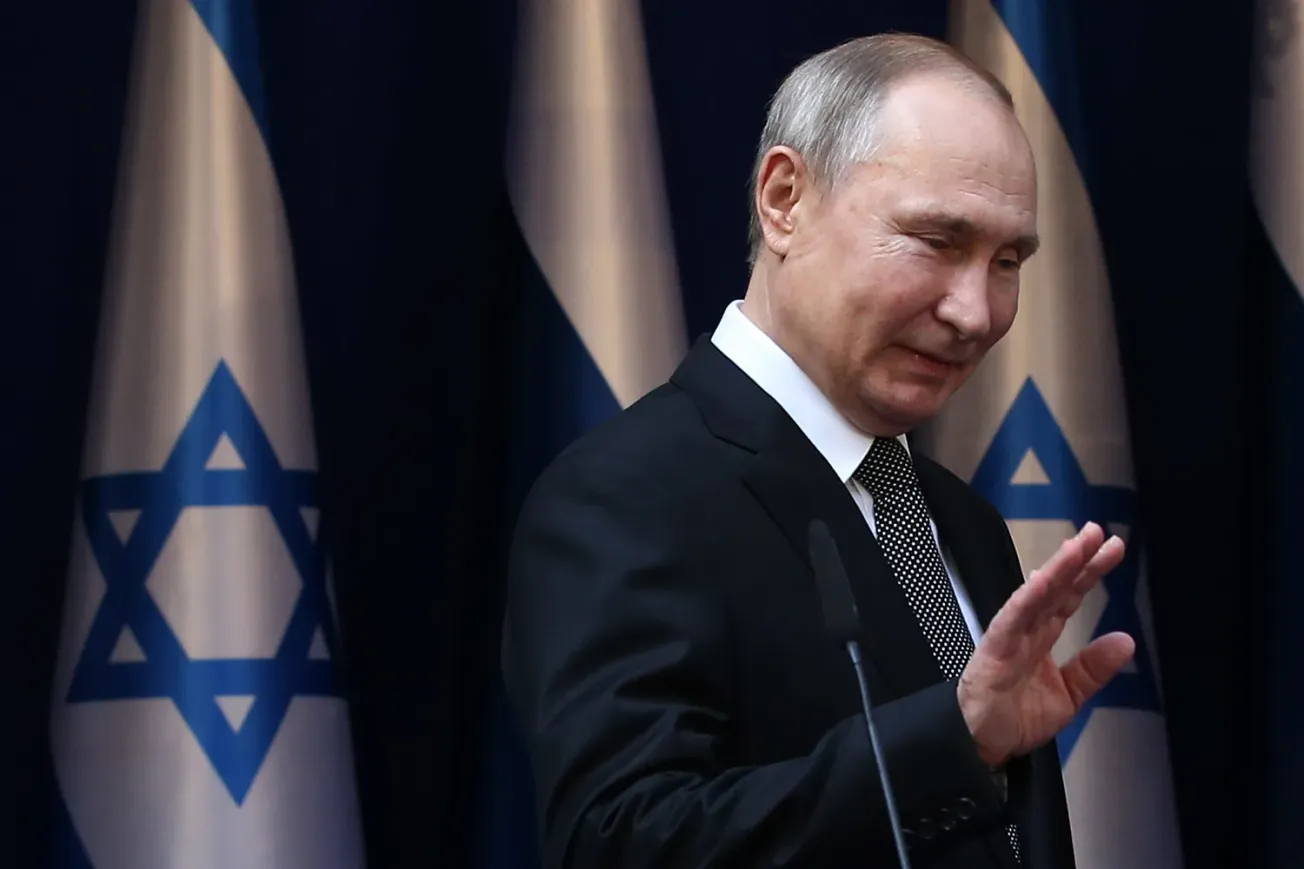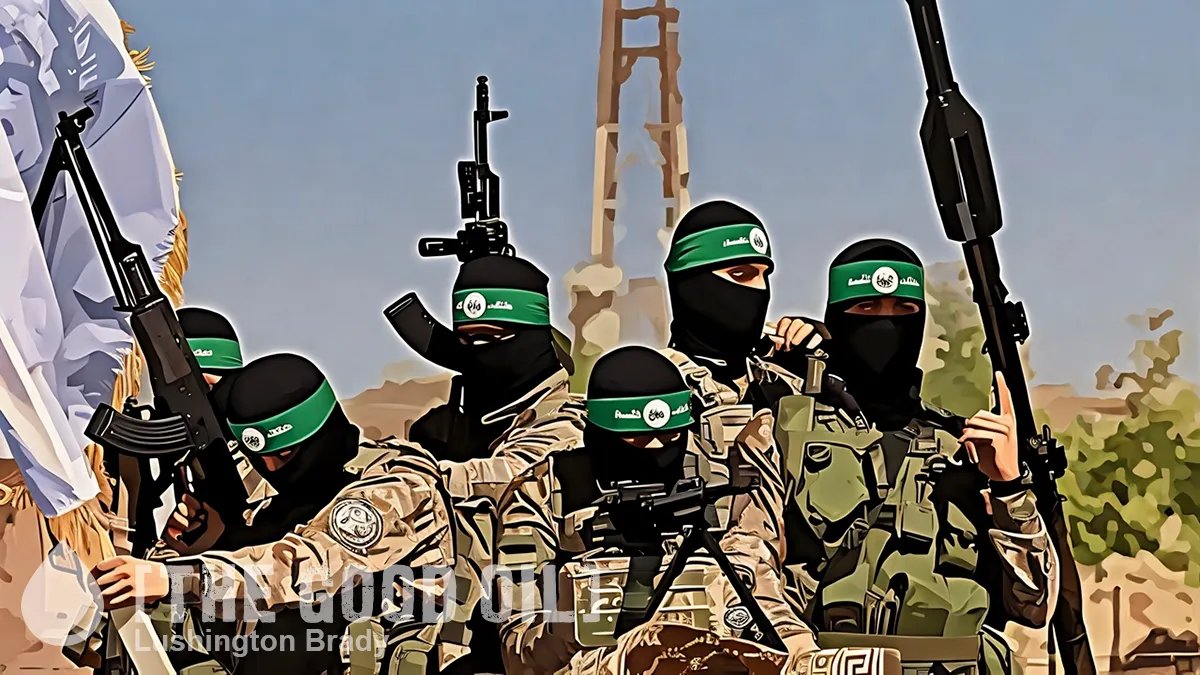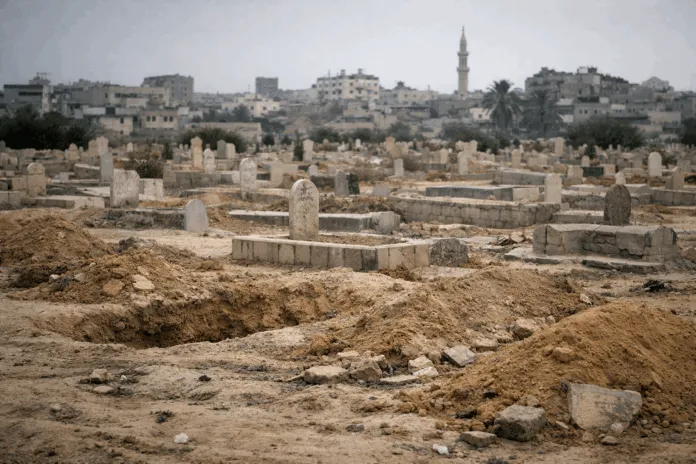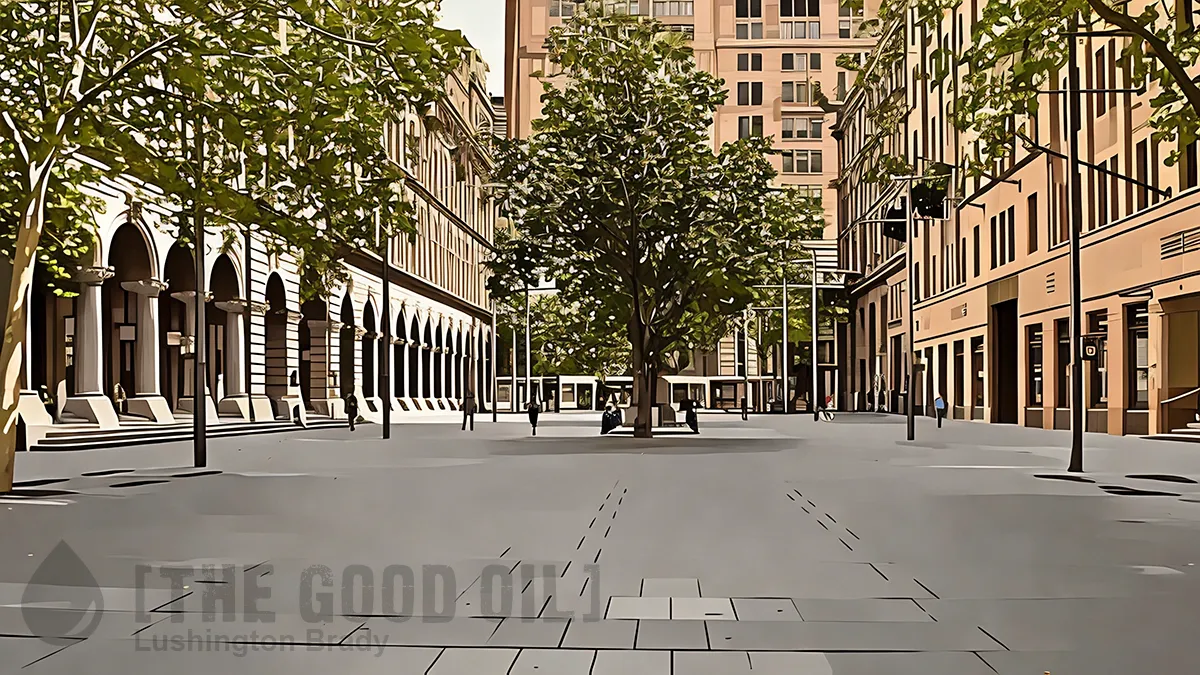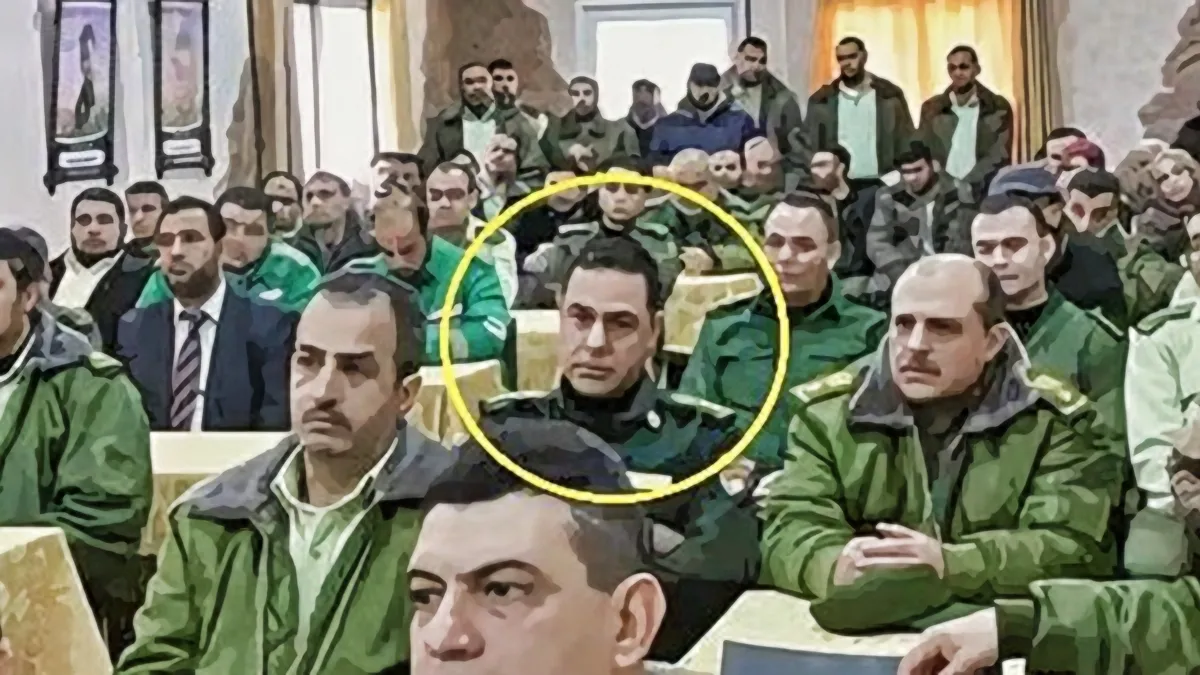Table of Contents
Antonio Graceffo
Antonio Graceffo, PhD, China-MBA MBA, is a China economic analyst teaching economics at the American University in Mongolia. He has spent 20 years in Asia and is the author of six books about China.
On Sunday, 26 May 2024, Islamic gunmen stormed an Orthodox Christian church in Russia’s Dagestan Republic, killing 66-year-old Father Nikolai. Simultaneously, attacks were launched against churches and synagogues in other parts of Dagestan, including Derbent, where a 110-year-old synagogue was destroyed. In total, 21 people were killed and 43 injured in these attacks.
Dagestan, located in the Russian North Caucasus, is predominantly Muslim, but it is also one of the historical seats of Christianity in Russia and home to an ancient Jewish minority. Father Nikolai’s church was located in Derbent, which is known as “the city of three religions”.
Following the collapse of the Soviet Union, most of the Jews fled Dagestan, leaving a small community of 2,000-3,000. Both before and after the end of the USSR, the region has been plagued by Islamic extremist terrorism and separatist violence.
The violence in Derbent is particularly worrying because until now, Derbent has remained relatively free of religious extremism. However, in 2013, a rabbi was shot while walking home from a synagogue in Derbent.
Unrelenting
Since 7 October 2023, Dagestan has experienced several attacks against Jews and Christians, fuelled by rising antisemitic and anti-Christian sentiments. On 27 October, an online petition circulated in Nalchik, the capital of Kabardino-Balkaria, demanded the government cease construction of a Jewish community centre. The site was attacked with Molotov cocktails, burned, and marked with antisemitic graffiti calling for violence against Jews.
That same day in Khasavyurt, an angry mob broke into two hotels, searching for Jews and Israelis, leading to violent confrontations. In Cherkessk, protesters gathered in front of the local government building, demanding the expulsion of all Jews from the area.
On 29 October, a large mob stormed Makhachkala airport to prevent the entry of passengers believed to be Jewish or Israeli. About 1,500 people responded to calls on local Telegram channels to gather at the airport, engaging in violent actions without police interference for several hours. Twenty people were injured.
Although 80 people were arrested as a result of the Makhachkala Airport incident, only 17 were charged with petty hooliganism, and just two were sentenced to short jail terms. Human rights groups accuse Moscow of not taking a strong enough stance against the violence and failing to protect Jews and Christians from extremist attacks.
Resentment
These incidents reflect a broader trend of increasing religious intolerance in Dagestan and other Muslim areas, fueled by socio-economic problems and political instability. The violence and religious conflict in Dagestan are deeply rooted in historical grievances, a desire for independence, ethnic tensions, and the rise of radical Islamist movements.
The region suffers from pervasive poverty, high unemployment, poor living conditions, widespread crime, and inadequate infrastructure, all of which contribute to economic struggles and fuel discontent and instability. This challenging environment exacerbates the complex interplay of ethnic and religious tensions, creating fertile ground for the growth of Islamic extremism.
Even moderate Muslims have been victims. In August, Said Afandi, a prominent Muslim religious leader who criticized the radical Wahhabi sect at the core of the insurgency, was killed in a suicide bombing. To prevent the development of extremist groups, the Kremlin ordered the conscription of marginalised people for service in the Ukraine War, which has only added to the resentment.
Putin’s mixed messages
This internal conflict, combined with resistance against Russian-Christian control, intersects with religious extremism. The recent attacks on Jews within the context of the Israel-Hamas war are another manifestation of the region’s volatility, where global conflicts ignite local hostilities. The Kremlin has been sending mixed signals to its religious community.
On one hand, Vladimir Putin has waged war against Islamic separatists in Chechnya, yet has received a Hamas delegation at the Kremlin. He has enjoyed tremendous support from the Orthodox Church and has used it as a tool of foreign policy, but he fails to protect Christians from Islamic extremist violence. His relationship with antisemitism has been similarly complex and contradictory.
Moscow-backed social media accounts have spread antisemitic disinformation to support Russia’s invasion of Ukraine. Similar messages have bolstered the Kremlin’s support for Hamas in the conflict with Israel. Ironically, Russian disinformation also portrays Ukraine as antisemitic Nazis, which contradicts Moscow’s vilification of President Zelensky as a Jew and its support for terrorist attacks on Israel. By creating a state-backed climate of antisemitism, Putin emboldens Islamic extremists to attack Jews inside Russia. However, these extremists also target Christians.
Putin’s online propaganda campaign depicts Russia as a Christian country fighting against the woke, gay, liberal, globalist establishment, which he claims is destroying core values and decency. Allowing Christians to be killed by Islamic extremists contradicts this narrative.
As a brilliant former spy and long-surviving politician, Putin resolves this dilemma by blaming Ukraine and the US for the attacks. The Russian government has not effectively addressed these violent outbreaks, with President Putin initially deflecting blame towards the United States and Israel instead of condemning the actions of the rioters. He claimed the acts were committed by “agents of Western special services.” In the end, however, the Kremlin decided to blame the 26 May attacks on Ukraine.
While deflection may serve Putin’s immediate purpose of justifying his war in Ukraine and his support for Hamas, it weakens Russia’s internal stability by failing to protect Jews and Christians or address the underlying grievances pushing Dagestan and Chechnya toward extremism.

